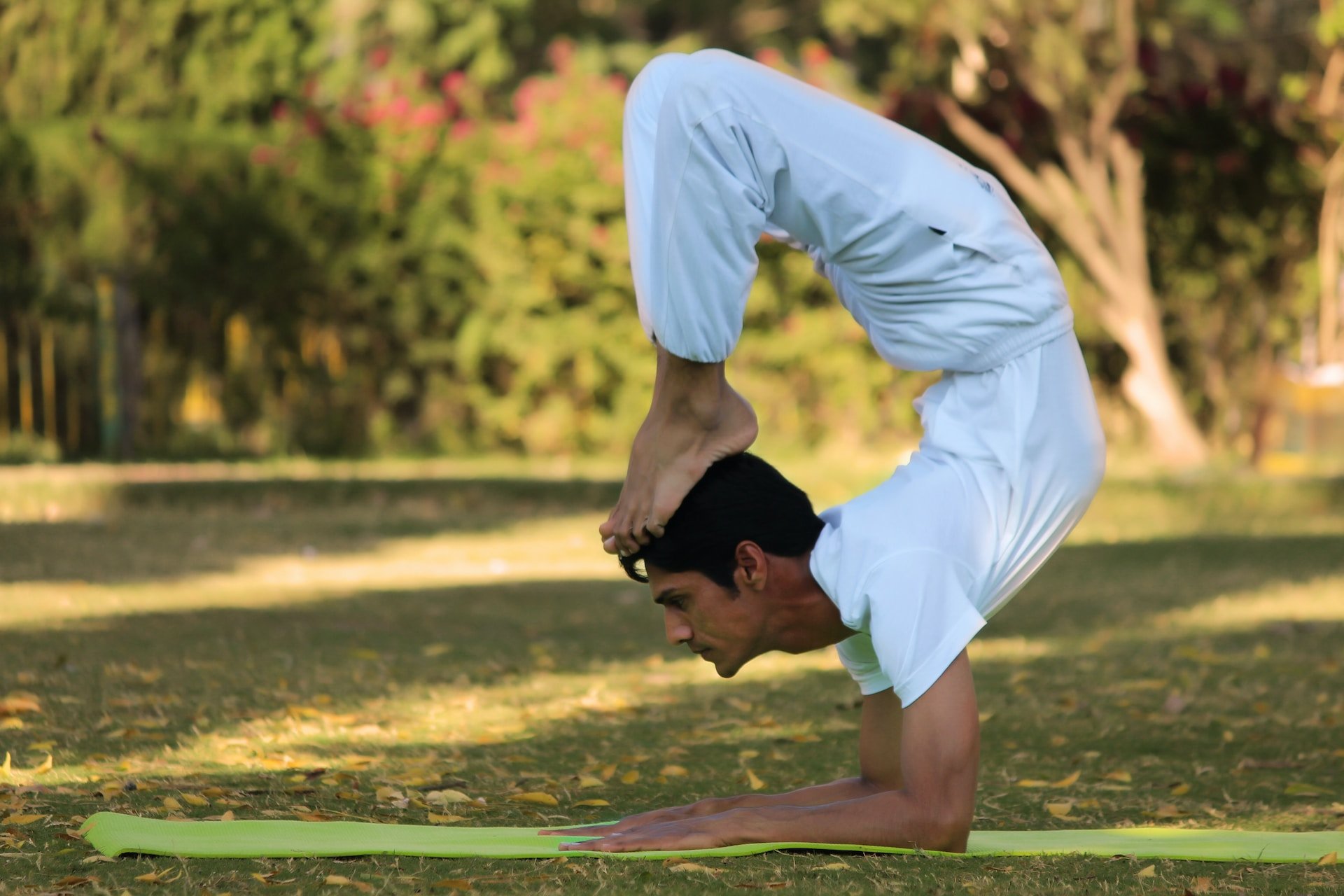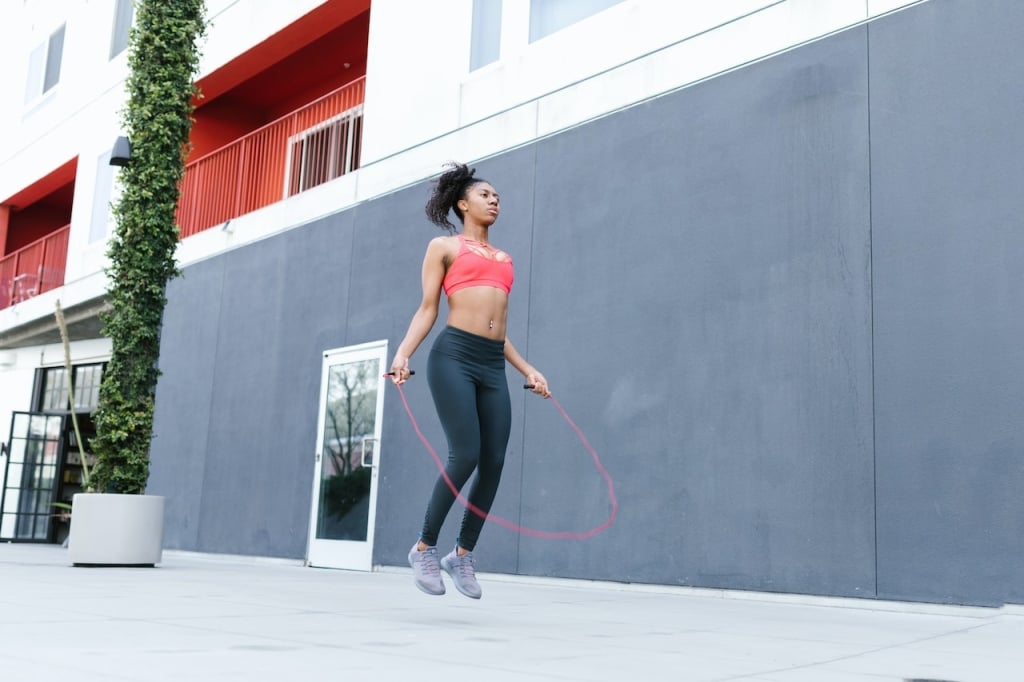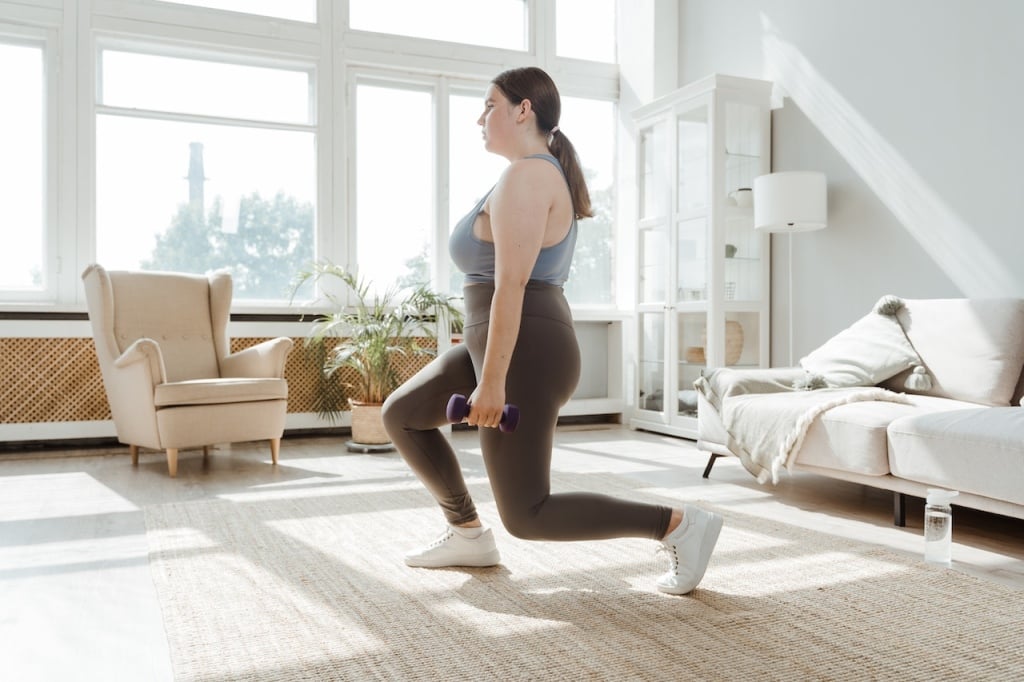Exercise often disappears from our to-do lists when we’re feeling stressed, anxious or depressed. We’ve all been there. But even though the urge to ease off is completely normal during a low period, it’s worth bearing in mind that even short bursts of activity can have a positive effect on your mental health.
Want to try easing yourself into into a different headspace? Consider these quick, simple exercises. They will raise your pulse — and hopefully your spirits — on those challenging, low-energy days.
1. Host your own at-home dance party

Because exercise and music go together naturally, a spontaneous dance at home is a great way to get moving. All you have to do is throw on a few of your favourite tunes, turn up the volume and express yourself. As you sway, spin and leap around, your body will release endorphins, the feel-good chemicals that reduce stress perception. You don’t need to follow any particular steps — the main thing is to move to the rhythm and let the music lift your mood. This works whether you’re dancing on your own, or with a partner, friends or kids.
2. Enjoy a brisk walk with an audiobook or podcast

Don’t underestimate the physical and mental benefits of walking. Physically, a vigorous walk gets the heart rate up, aiding circulation. Mentally, the steady rhythm of your footsteps and the immersive experience of your favourite audiobook or podcast can be deeply calming.
3. Check in to an online exercise class

On days when you’d rather not leave the house, online classes offer the support and guidance of an expert instructor in the privacy and comfort of your own space. If you’re a David Lloyd Clubs member, our mobile app gives you access to a variety of on-demand virtual classes, from HIIT to Pilates. Simply choose one that resonates with your mood and get moving.
4. Spend a few mindful moments doing yoga

Yoga is not only about flexibility; it’s a mindful connection between body and breath. That’s why certain yoga poses, such as Cat-Cow and Downward Facing Dog, are renowned for their calming mental effects. Following a short yoga routine at home can help you centre your thoughts, focus on breathing, and stretch away your physical tension.
5. Skip rope for 10 minutes

This age-old exercise is actually a full-body workout. Rhythmic jumping and rolling arm movements increase the heart rate almost immediately, while the concentration and focus required to skip rope will help distract your mind from distressing thoughts. You can skip almost anywhere and modify it to fit your energy levels — skip quickly for a cardio boost or take it slow and steady for a gradual mood boost.
6. Do some isometric exercises

Are you ready to hold and breathe? Isometric exercises, like wall sits or planks, engage multiple muscle groups without the impact of repetitive motion. Holding these positions challenges your strength and endurance, and the focused effort can be a distraction from anxiety. Best of all, and perhaps a little surprisingly, isometric exercise has been shown to lower blood pressure much more effectively than aerobic exercise.
7. Stretch!

Never underestimate the power of a good stretch. A simple stretching routine can help alleviate muscle tension, increase blood flow and provide a much-needed moment of mindfulness. You can target specific areas of the body that might carry tension from stress, such as the neck or back. Hold each stretch and focus on your breath. It’s as simple as that.
8. Work out your tension

You don’t need weights or expensive equipment for a quick strength training session. Simple exercises like push-ups, squats or lunges use your body weight to engage multiple muscle groups, helping to release pent-up energy and tension. Besides strengthening muscles, the concentrated effort needed can give you a break from from stressors.
Alternatively, boost your mood without moving
For days when you just can’t bring yourself to move much, consider alternatives to exercise instead. Meditation, for example, is an excellent way to look after your mental health, whether you want to focus in the morning or reset in the evening. Even just a few minutes of meditation can do the trick, and you can always choose to do a little more — such as our effortless seven-day meditation programme — to really help bring your anxiety and stress under control.
Breathwork, too, is a great way to nurture a sense of calm as soothing hormones flow through your body and calm negative thoughts. Journalling, likewise, has been shown to have mental health benefits. The simple act of keeping a diary reduces stress and anxiety, and can even boost the immune system. Music can also have an affect on mood – try listening to our relaxing playlist while you curl up with a book, or simply have a nap.
Take care of yourself
Stress, anxiety and depression can feel overwhelming at times, but even small movements can make a big difference. It’s about finding what feels right for you in that moment, and making sure that you don’t lose sight of what really matters: taking care of yourself.
When you’re ready for a bigger energy burn, don’t miss our top tips to make your workouts more fun. And always remember that it’s not about the length or intensity of the exercise but the consistency and intent behind it. Keep moving, stay positive and take each day as it comes.
Find a club



